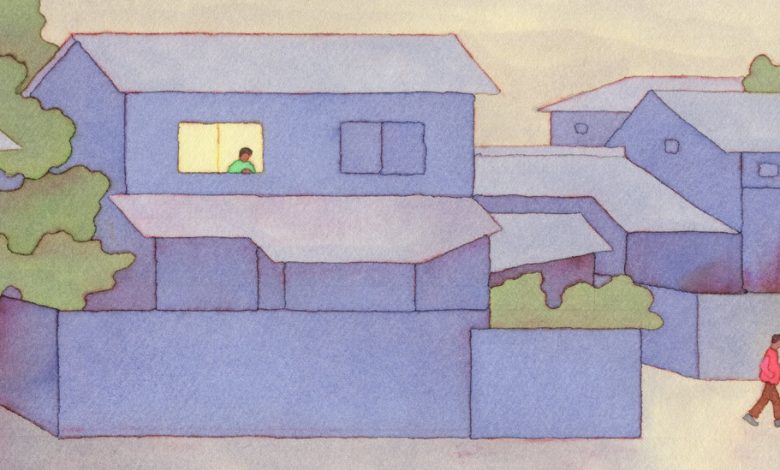The Unflinching Empathy I Learned as a Novelist Is What the World Needs

“Write down a phrase you find abhorrent — something you yourself would never say.”
My students looked startled but they cooperated. They knew I wouldn’t collect this exercise — what they wrote would be private unless they chose to share it. All that was required of them was participation.
In silence they jotted a few words. So far, so good. We hadn’t yet reached the hard request: spend 10 minutes writing a monologue in the first person that’s spoken by a fictitious character who makes the upsetting statement. This portion typically elicits nervous glances. When that happens I remind students that their statement doesn’t represent them and that speaking as if they’re someone else is a basic skill of fiction writers. The troubling statement, I explain, must appear in the monologue and it shouldn’t be minimized, nor should students feel the need to forgive or account for it. What’s required is simply that somewhere in the monologue there be an instant — even a fleeting phrase — in which we can feel empathy for the speaker. Perhaps she’s sick with worry over an ill grandchild. Perhaps he’s haunted by a love he let slip away. Perhaps she’s sleepless over how to keep her business afloat and her employees paid. Done right, the exercise delivers a one-two punch: repugnance for a behavior or worldview coupled with recognition of shared humanity.
For more than two decades I’ve taught versions of this fiction-writing exercise. I’ve used it in universities, middle schools and private workshops; with 7-year-olds and 70-year-olds. But in recent years openness to this exercise, and to the imaginative leap it’s designed to teach, has narrowed to a pinprick. As our country’s public conversation has gotten angrier, I’ve noticed that students’ approach to the exercise has become more brittle, regardless of whether students lean right or left.
Each semester, I wonder whether the aperture through which we allow empathy has so drastically narrowed as to foreclose a full view of our fellow human beings. Maybe there are times so contentious or so painful that people simply withdraw to their own silos. I’ve certainly felt that inward pull myself. There are times when a leap into someone else’s perspective feels impossible.
But leaping is the job of the writer and there’s no point it doing it halfway. Good fiction pulls off a magic trick of absurd power: It makes us care. Responding to the travails of invented characters — Ahab or Amaranta, Sethe or Stevens, Zooey or Zorba — we might tear up, or laugh, or our hearts might pound. As readers, we become invested in these people, which is very different from agreeing with or even liking them. In the best literature, characters are so vivid, complicated, contradictory and even maddening that we’ll follow them far from our own preconceptions; sometimes, we don’t return.
Unflinching empathy, which is the muscle the lesson is designed to exercise, is a prerequisite for literature strong enough to wrestle with the real world. On the page it allows us to spot signs of humanity; off the page it can teach us to start a conversation with the strangest of strangers, to thrive alongside difference. It can even affect those life or death choices we make instinctively in a crisis. This kind of empathy has nothing to do with being nice — and it’s not for the faint of heart.



